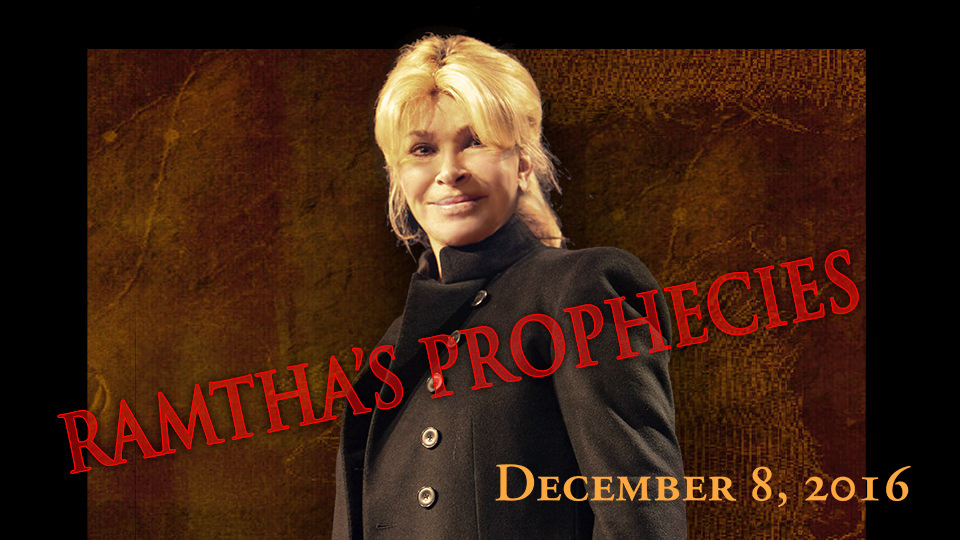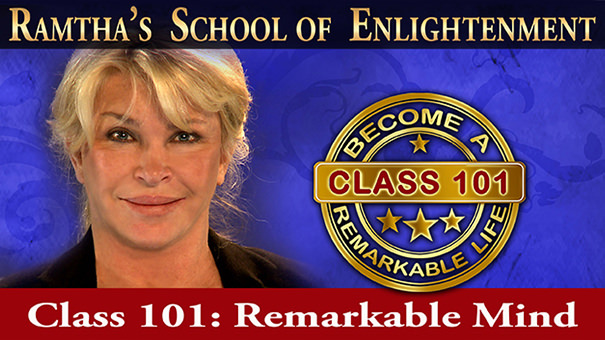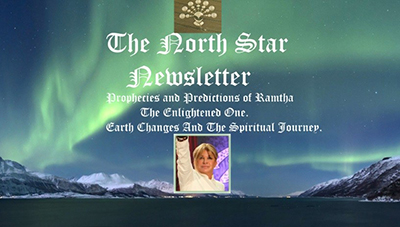Stem Cells discovered in human milk –
Ramtha on the value of human milk for babies
– “Stem cells discovered in human milk can turn into any kind of tissue, explains Dr Foteini Hassiotou”
“A solution to the ethical dilemma of using human embryonic stem cells to treat human diseases could be staring us in the face.
Five years ago, Dr Foteini Hassiotou was part of a research team, the Hartmann Human Lactation Research Group at the University of Western Australia, which discovered that human breast milk contains what appear to be stem cells. These cells can potentially turn into many different types of cells, and offer staggering potential for treating a huge range of human diseases.
Hassiotou, the newest member of the group, found that some of these stem cells are very similar to embryonic stem cells — the most potent and useful stem cell of all,” quoting ABC News, Australia.
Read more
– Ramtha’s teachings on the value of human milk in the 1990’s
“The thymus is intimately related to the immune system, to resistance to infection, resistance to cancer, resistance to various immune problems that occur increasingly with age. It is the size of a plum when you are a little child. By the time you are in advanced puberty it has shrunk to less than half its size. A mother’s milk contains the same hormone that the thymus produces naturally in the body. If you drink whole milk that is very fresh, you drink the exact amino acid compounds that the thymus produces. It produces great immunological effects. In fact, most nursing children never get any kind of disease.
The great gland sits right at the breast. The thymus gives us everything until advanced puberty, then it shuts off, and then we become susceptible.”
_ Ramtha
Genetic Law and its Propensities in Life
Boktau IV
October 5, 1998



